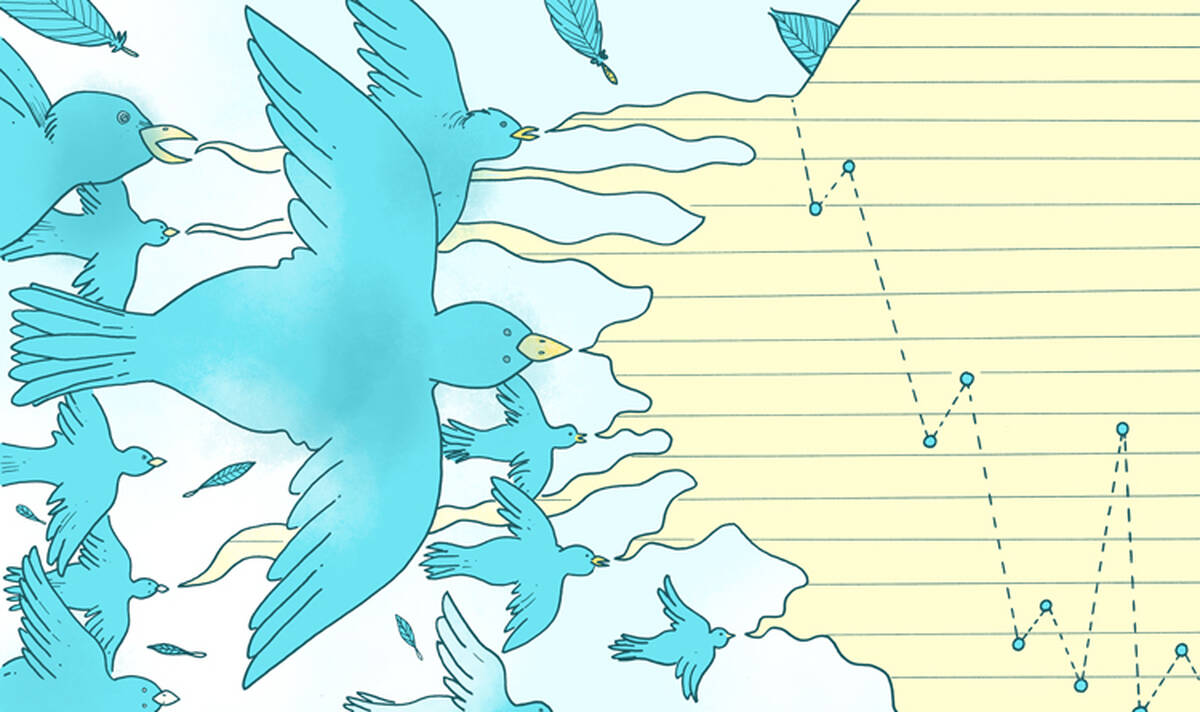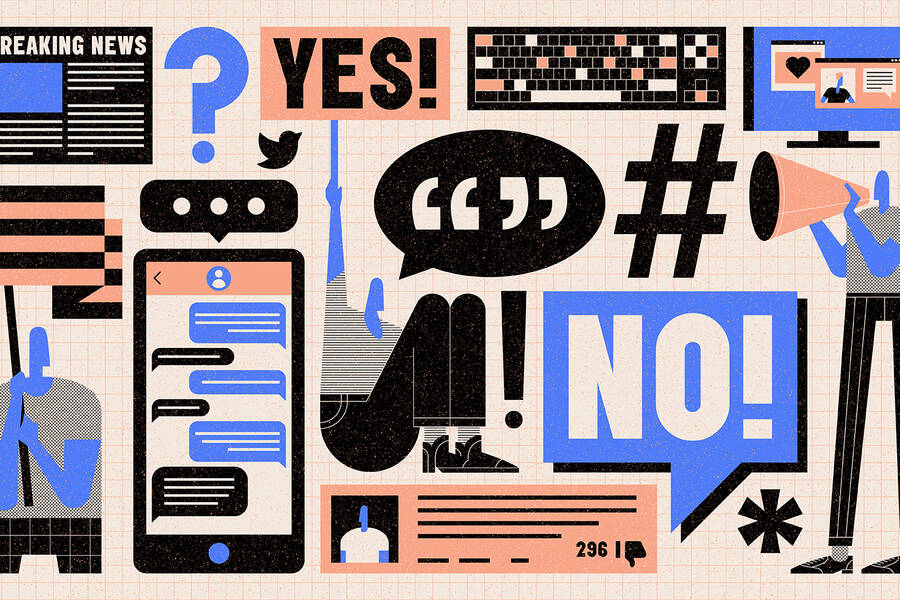What’s going wrong? Everything visible. Musk failed to wiggle out of the deal to acquire Twitter—a clear reputation hit. Stuck, he appointed himself “Chief Twit” and schlepped a real kitchen sink into Twitter on his first day on the job. The stunt bombed. Then came many disastrous, flip-flopping decisions. He sacked half of the employees and then to his embarrassment tried to rehire some. The terminations predictably led to Twitter’s top talent quitting at a time Twitter needs innovate ideas.
Users and advertisers also ditched the platform—a two-billion-dollar loss in revenue. Why? Musk offered any Tom, Dick, or Harry (or bot for that matter) with eight bucks per month a blue-check-verified account status. Except, no verification of identity took place, a bonanza for impersonators. Eli Lilly had its stock drop because an impersonator lied about its products. Celebrities pushed back too. Stephen King tweeted the good point that he shouldn’t pay Musk, but Musk should pay him because he drives engagement on the site. Then Musk politicized Twitter. He reinstated former President Trump, a documented liar, conspiracist, and seditionist, based on a dubious poll that didn’t account for votes by bots. Doubling down, Musk reinstated all banned accounts, which freed hate speech not freedom of speech.
Why is Twitter running amuck? One culprit could be Musk’s professional network. Network research has shown that insight, vision, and problem-solving comes from having a network of independent thinkers with diverse backgrounds and experiences that overcome a leader’s innate limitations by filling in the leader’s blind spots. Musk dissolved the Twitter board, presumably because he thought they disagreed with him, were incompetent, or both, and tapped a clique of friends who all know each other.
Why has Musk fallen into the trap of the echo chamber after being so good at avoiding it? When leaders who have a great network are thrust into an intimidating situation, they tend to contract rather than expand their network. Instead of relying on the advice and support of a diverse mixture of contacts, they “turtle up” in an echo chamber. Once in the echo chamber, and oblivious to the fact that they are in it, leaders become less situationally aware and more reactive—and they have higher confidence in their decisions but not more accuracy than if they had made the decision themselves. It’s a perilous position for a leader.
What do these problems potentially mean for Twitter? It’s too soon to tell. But I will make one speculative guess. Ultimately, it seems to me that Musk wants Twitter to be a money maker. If Twitter becomes profitable, his reputation as a business Wonder Kid and claim of being a visionary will be restored. But where can he turn to make money? He said early on he thinks Twitter could become the all-in-one app—voice and text communications, peer-to-peer money transfers, online banking, booking a taxi, stock feeds, politics and news, localized product and service purchases, and more. It has been a successful model in China on the WeChat app. To do this, he needs a strong attractor where there is not already a lot of competition from other apps.
I’d venture to guess that Twitter will become the first mainstream app to incorporate adult content. Adult content drives engagement and traffic and offers a possibility of paid accounts. Moreover, if Musk can work it out technologically to provide secure proprietary access, it is likely to attract users who want their behavior to be private. Another option is to make Twitter the first mainstream platform to surf the dark web. The dark web is not illegal to search and contains loads more content than surface web, which can be accessed by Google.
Perhaps, your reaction is, “no way, people will object to it on moral grounds.” However, in sharing this idea with colleagues and talking through the expansion, we all see it as a possibility, and some of us think it is very likely.
How can it happen? At this point, I think many users and potential users would feel that the presence of adult content on a mainstream site is wrong, undignified, or dangerous. However, many families seem fine with adult content on HBO. The step to adult content on Twitter might therefore be a smaller jump than expected. Also, Musk controls one of the most influential memes of production—Twitter—and through Twitter, he has the power to change norms. He has already done so with unilateral reinstatements of accounts and with overt political partisanship. With this new open door, more and more users are already testing the new boundaries of Twitter in terms of speech and content, and that is the process by which norms are changed online.
I am not endorsing the idea of adult content. Also, there are still a lot of unknowns given that Twitter’s internal organizational capabilities are essentially a black box. However, I think this much is for sure: unless Musk brings in some fresh thinkers, taps the deep knowledge and experience of Twitter personnel, and treats his workforce with dignity, history suggests Twitter won’t be fitter; it will be litter.
*
This article originally appeared in Forbes.




